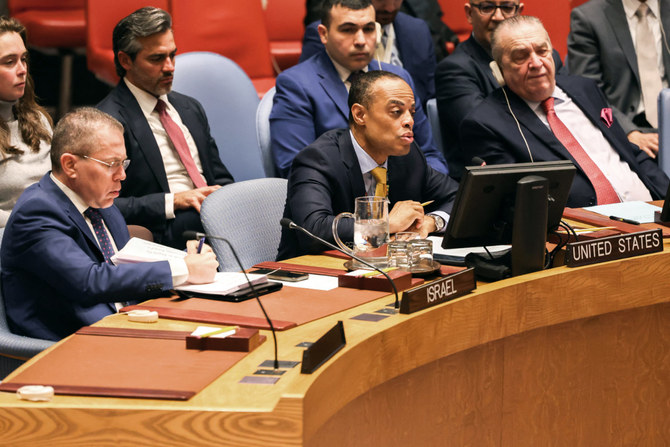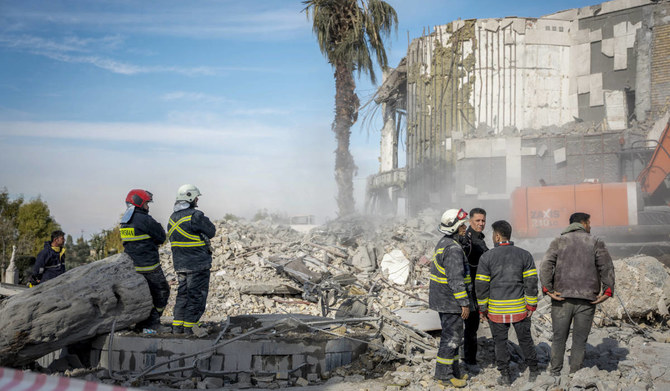
Iraq complained on Saturday about Iranian actions on its territories, in a letter sent to UN Secretary General Antonio Gueterres and President of the UN Security Council (UNSC) for January, Ambassador Dang Dinh Quy.
Iraq’s Permanent Representative to the United Nations Mohammed Hussein Bahr Aluloom stressed that his country considers Iran’s bombing of Iraqi territories under the pretext of self-defense is “totally unacceptable and violates the principles of good neighborliness.”
The ambassador also rejected that his country become “an open arena for settling scores” between Iran and the United States.
In the complaint, a copy of which was obtained by Asharq Al-Awsat, Bahr Aluloom referred to the Jan. 6 letter that Iraq sent to the Security Council to complain about US air strikes on Iraqi soil that killed Iranian general Qassem Soleimani and several Iraqi militia leaders.
The ambassador said that he received further recommendations from the Iraqi government to complain about additional violations committed against Iraqi territories on the night of Jan. 8 when Iranian missiles targeted camps housing Iraqi and anti-ISIS coalition forces.
“Iran’s attacking of Iraqi territories as self-defense against the killing of Soleimani under Article 51 of the UN Charter is rejected because it violates the sovereignty of Iraq, the principles of good neighborliness, the UN Charter and international law,” Bahr Aluloom wrote.
He stressed that Iraqi territories were never and would never become a threat to the security and safety of neighboring countries.
“Iraq deplores dragging it in regional and international conflicts,” the ambassador explained, adding that such violations and behaviors are considered clear provocative acts against the state, people and government of Iraq.
Last week, Iraqs foreign ministry lodged official complaints with the UN Secretary-General and Security Council over US air strikes that killed Soleimani, describing them as "a dangerous breach of Iraqi sovereignty and of the terms of US presence in Iraq."












